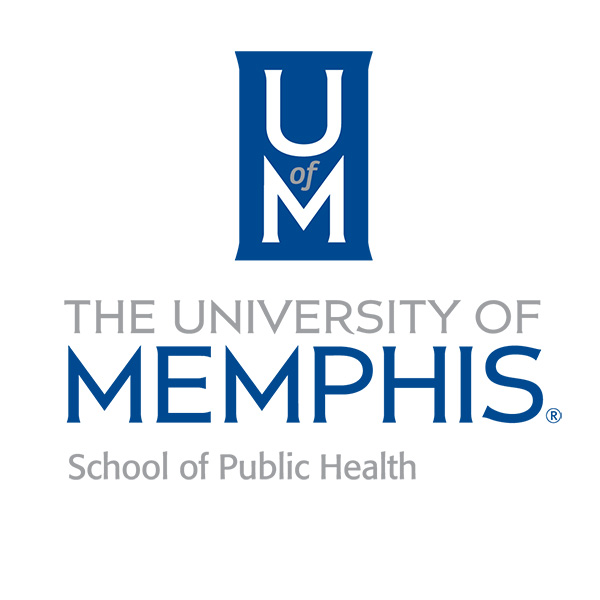School of Public Health
RE-AIM Public Health IDEAS

Hackathon 2023-24
These initiatives task youth with presenting out-of-the-box solutions to address public health challenges impacting the world today. This platform brings together youth's ideas on how today's pressing public health problems can be addressed across diverse local and global settings. In our inaugural launch, a few selected high schools were given the opportunity to generate solution-based ideas.
As we connect youth locally, nationally, and globally, we are beginning to embark on solving public health challenges on a greater scale. To further sensitize public health among high schoolers, the University of Memphis School of Public Health plans to expand these initiatives in high schools globally and, for this second series, proposes to address the topic of:
Public Health Infodemics in a Digital Environment Among Youth
The rapid spread of misinformation and disinformation online has emerged as a pressing public issue of the 21st century. Too much information overwhelmed individuals, communities, and health systems and led to people developing information avoidance. Changes in consumer behavior, accelerated by the COVID-19 pandemic, are increasing the need for a redesign of the entire health ecosystem. A recent study showed that 41% of teenagers can’t tell the difference between true and fake online health messages. Given the alarming spread of health-related misinformation surrounding the COVID-19 pandemic, there is an urgency to teach youth the skills they need to evaluate the credibility of online sources of news and information.
This initiative will allow the participants to present innovative ideas to address the issue of public health infodemics/misinformation in a digital environment.
We invite multisector, multi-institutional, cross-country participation in this innovative initiative to sensitize youth about the importance of public health and create a community of learners and leaders in public health. These public health change makers will be equipped with training in "Public Health Infodemics in a Digital Environment Among Youth" and its impact towards the achievement of the United Nations Sustainable Development Goal 3: Good Health and Well-Being.
Meet Our Judges
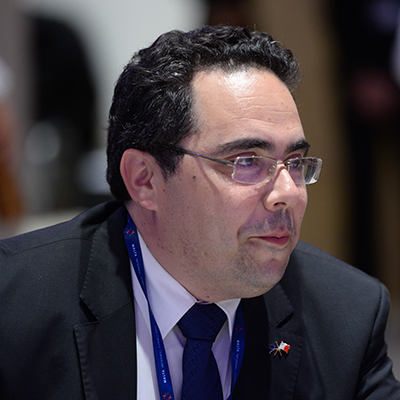
Dr. Neville Calleja
Full Professor and Head of Department for Public Health within the Faculty of Medicine & Surgery of the University of Malta, in Europe
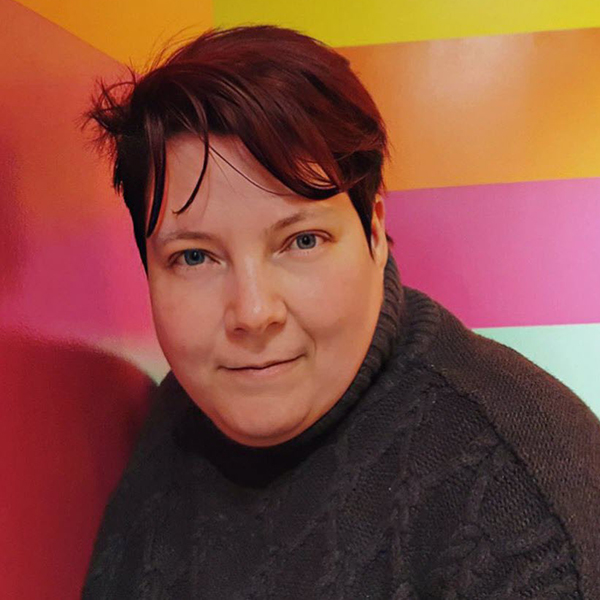
Tina D. Purnat
Former Team lead for infodemic management, Health Emergencies Programme, World Health Organization
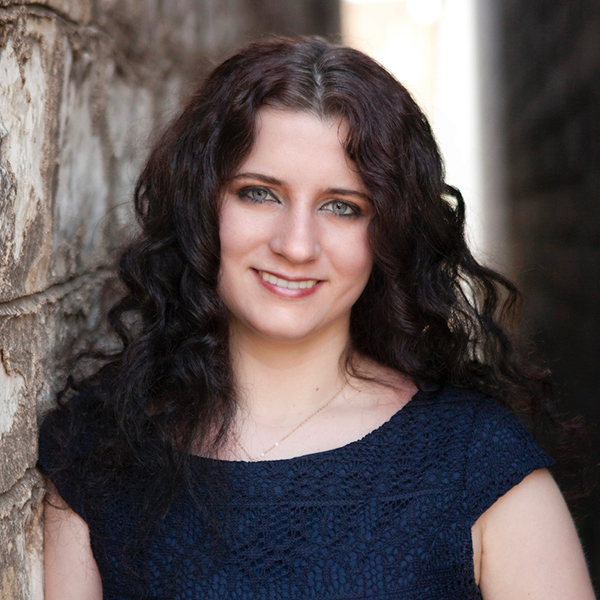
Elisabeth Wilhelm
Behavioral and Social Change Advisor and Infodemic Manager
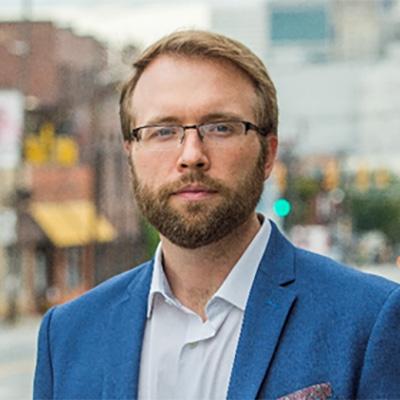
Dr. Chris Voegeli
Behavioral Scientist, Acting Inaccurate Health Information Mitigation Team Lead, Division for Communication Science and Services, Office of Communications, CDC, United States
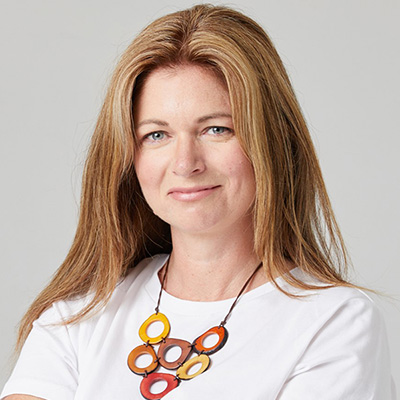
Dr. Becky White
Adjunct Research Fellow at Curtin University, a director at Reach Health Promotion Innovations, a Digital Health Advisor to the Australian Digital Health Agency, Australia
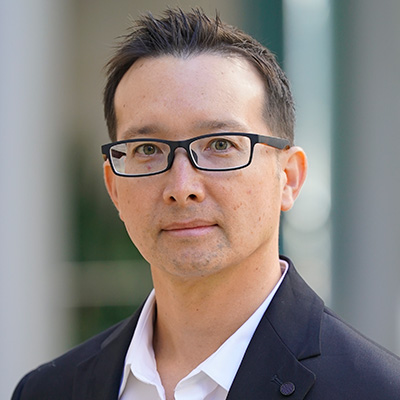
Dr. Tim Mackey
Director, Global Health Policy and Data Institute, UC San Diego, United States
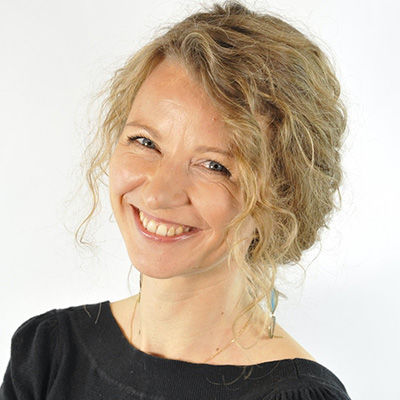
Dr. Catherine Bertrand-Ferrandis
Director Strategic Communication, France
Participating Schools


